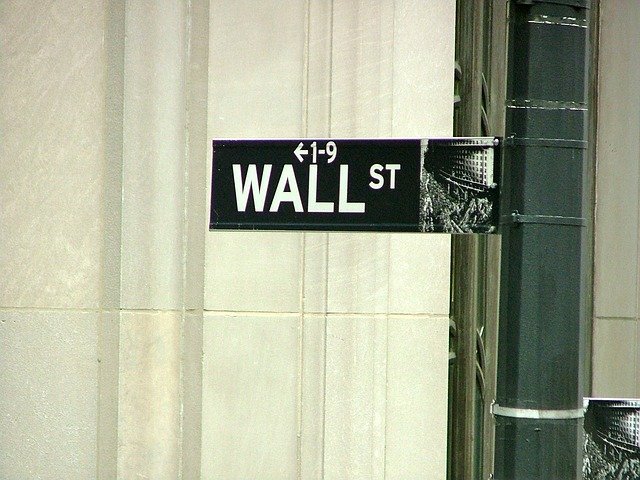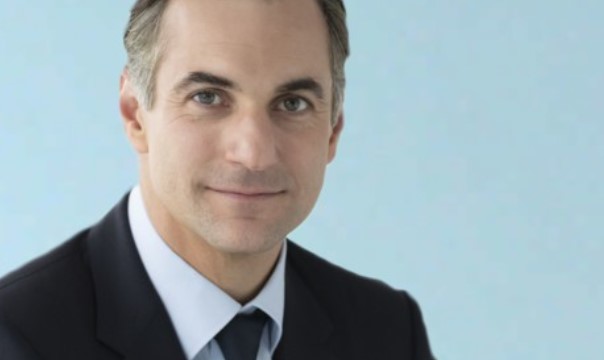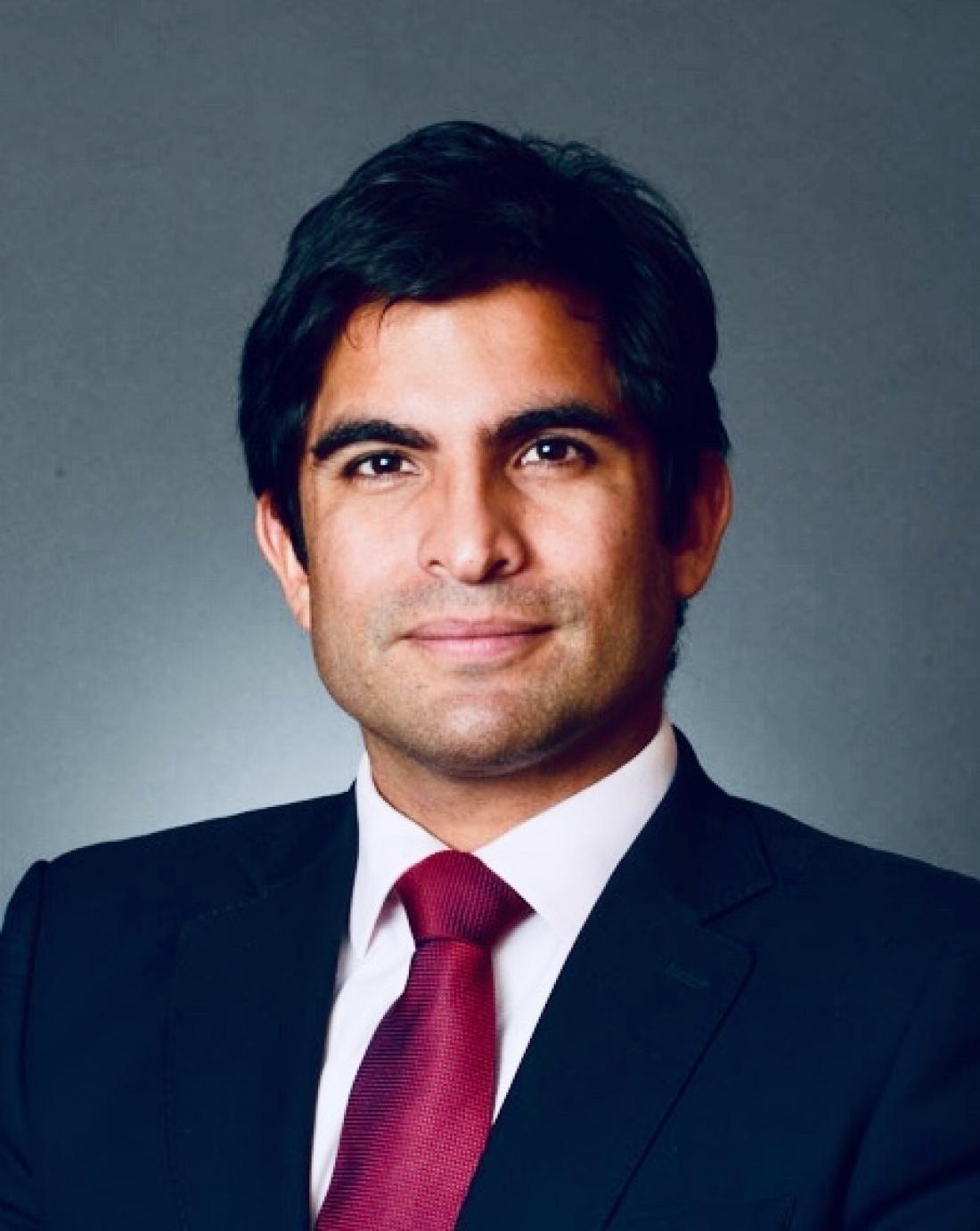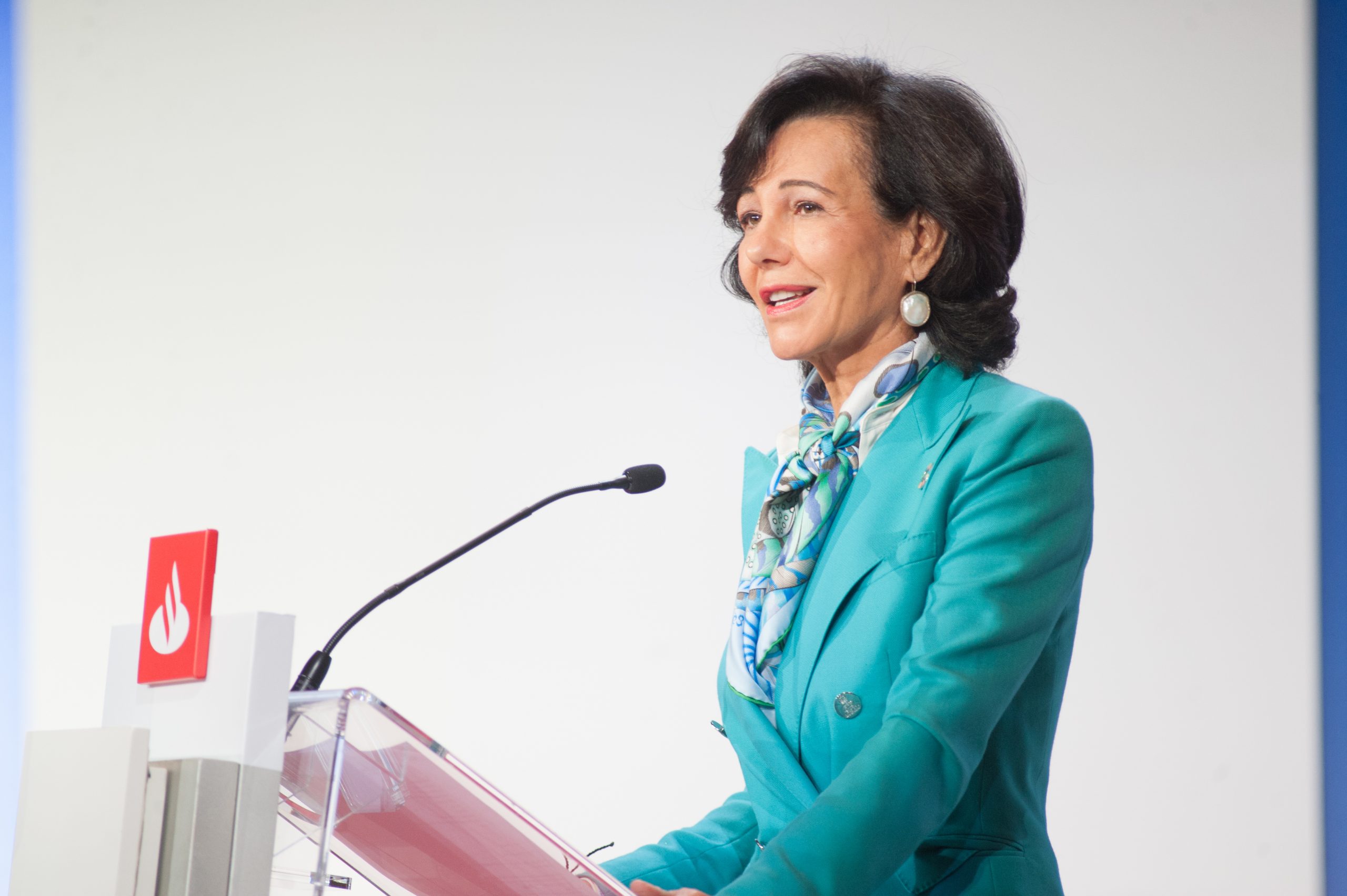BBVA Sells its US Subsidiary to PNC for 11.6 Billion Dollars
| By Beatriz Zúñiga | 0 Comentarios

There’s still room for new developments in the Spanish banking sector. BBVA has agreed to sell to PNC its subsidiary in the U.S. for 11.6 billion dollars (9.7 billion euros) in cash. The transaction immediately increased the rumors of a potential merger with the smaller entity Sabadell and BBVA confirmed they have started in conversations.
The bank pointed out in a press release that this amount represents almost 50% of its current market capitalization, “creating significant value for shareholders”. The transaction will have a positive impact on BBVA’s fully loaded CET1 ratio of 300 basis points, or 8.5 billion euros of CET1 generation.
“This is a very positive transaction for all sides. PNC has recognized the great value of our unique client franchise and of our great team in the US, who will be part of a leading financial services group in the country. The deal enhances our already strong financial position. We will have ample flexibility to profitably deploy capital in our markets strengthening our long-term growth profile and supporting economies in the recovery phase, and to increase distributions to shareholders”, said BBVA Group executive chairman, Carlos Torres Vila.
In the U.S., BBVA is a Sunbelt-based bank with more than 100 billion dollars in assets and 637 branches, with leading market shares in Texas, Alabama and Arizona. After the closing of the transaction, PNC, based in Pittsburgh (Pennsylvania) will become the country’s fifth-largest bank by assets.
The transaction excludes the broker dealer (BBVA Securities) and the branch in New York, through which BBVA will continue to provide corporate and investment banking services to its large corporate and institutional clients. It also excludes the representative office in San Francisco and the fintech investment fund Propel Venture Partners.
William S. Demchak, PNC’s chairman, president and chief executive officer, commented that the acquisition will accelerate their growth trajectory and drive long-term shareholder value. “This transaction is an opportunity to navigate our future from a position of strength, accelerating PNC’s expansion while drawing on our experience as a disciplined acquirer. We are excited to bring our industry-leading technology and innovative products and services to new markets and clients, leveraging our mutual commitment to building diverse and high performing teams and supporting the communities we serve”, he added.
PNC: the fifth largest retail bank
The purchase makes PNC the fifth largest retail bank in the United States, behind JP Morgan Chase, Bank of America, Wells Fargo and Citigroup. It will give the firm a greater leadership in markets with significant growth potential beyond its current presence in the Midwest and Mid-Atlantic, especially in Texas. In addition, it will strengthen its commercial and consumer banking business.
The transaction takes place six months after PNC left BlackRock’s shareholding selling its 22.4% stake. The two operations would have some relationship to help the bank build a nationwide franchis, as Demchak told the Financial Times: “We’ve managed to effectively trade the BlackRock ownership stake we had for a franchise that takes us coast to coast. BBVA is in the best markets in the country with substantial presence down in Texas, Arizona, California and in Denver, in Alabama, and down through Florida.”
The details
BBVA pointed out that the all-cash deal by PNC values the business sold at 19.7 times its 2019 earnings and 1.34 times its tangible book value as of September, 2020. The deal “unlocks hidden value” as the price is more than 2.5 times the average valuation assigned by analysts to the business (3.8 billion euros), for a business that represented less than 10% of 2019 Group’s net attributable profit. Also, the price represents almost 50% of BBVA’s current market capitalization.
“With the transaction, BBVA will have additional flexibility to invest in its markets and increase distributions to shareholders, with a sizeable buyback as an attractive option at current share prices”, the Spanish bank said. The sale will generate a capital gain net of taxes of approximately 580 million euros and BBVA Group’s tangible book value will increase by 1.4 billion euros. The deal is expected to close in mid 2021 once the required regulatory approvals have been obtained.
A potential merger with Sabadell
The announcement of the transaction immediately sparked the rumors of a potential merger with Banco Sabadell. On Monday, BBVA confirmed to the National Securities Market Commission (CNMV) that both entities had started conversations.
After that, Banco Sabadell also confirmed the negotiations.








